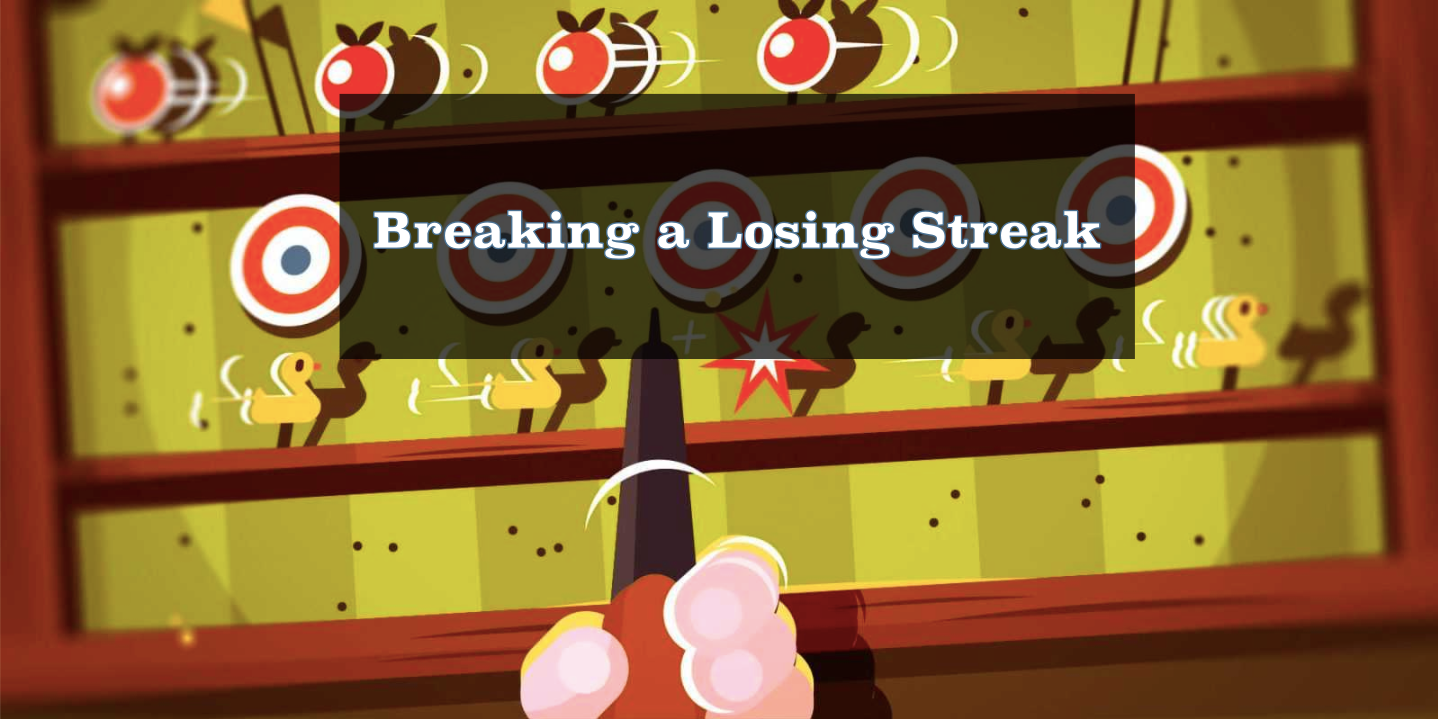
In earlier years, options brokers used to manipulate price charts – to their benefit. Then financial authorities came along and clamped down on these activities. So brokers found new ways to make money from traders. Well, online platforms are built to make money from traders. But besides legal ways such as spreads, they have a bag of tricks that are meant to make more money from you and deposit it into their pockets.
Here are three common tricks they use.
Short trading time frames
This trick is founded on human emotions. Primarily greed.
Many options traders hit the markets wanting to make money fast. The solution is the 60 second (or even 30 seconds) trade.
Brokers know that it’s difficult to know where exactly the markets will head within a 60-minute time span. With price fluctuations occurring every millisecond, a 1-second fluctuation can make a trade go against you. Every 1-minute losing trade means more money for your chosen online broker and a dent in your account balance.
Trading commissions
Whether you agree or not, every trade you make attracts a small commission. Consider an option with a 75% return. Where does the remaining 25% go? This is a “hidden” commission the broker charges to facilitate the trade. Now consider the fact that many traders opt for short term 1-minute trades. This means that if 100000 winning trades are entered within a single minute, the 25% commission is multiplied exponentially.

Commissions cannot be avoided, but you can make sure that you pay less in commissions by simply trading less.
Many online options brokers will give traders the opportunity to exit a trade before it expires. Of course, you will not get all your initial investment back if the trade was losing. On the other hand, an early trade exit on a winning trade will earn you a fraction of the profits you could have made.
The remaining amount will definitely go to your broker.
Exiting a trade is only recommended if the trade is going against you and you believe that the markets won’t turn around. This way, you will forfeit just a portion of your initial investment. Otherwise, wait until the trade expires to earn all your profits.
How do you protect yourself from these 3 tricks?
in a single word: Patience

Trading to a large extent is a game of patience. You should patiently test a trading strategy on the IQ Options practice account to verify its effectiveness before implementing it with real money.
I usually recommend trading longer time frames that last at least 5 minutes. This implies that you must patiently analyze the charts until the right market conditions present themselves. Most successful traders will spend hours analyzing the price charts waiting for the right conditions to present themselves. It can be difficult at first to wait for a whole 5 minutes to see how your trade turns out. But if you’ve done proper analysis and used a good strategy, you should find that most of your trades turn out winners.
Commissions cannot be avoided. However, you can ensure that you pay fewer commissions by trading fewer times. This coupled with making more winning trades means that you’ll get to keep most of your profits to yourself.
Finally, avoid exiting trades early. If you enter trades that last 5 minutes or more, chances are that you won’t have to worry too much about the markets going against you. This in turn means you won’t have to exit active trades often.
Good luck!
Top 5 Trending
"Why do I keep losing money in trading?" This is a question every trader has asked at some point. Experiencing… [Read More]
Trading indices is more than just a financial pursuit; it's both an art and science, demanding attention to detail, a… [Read More]
Forget Tiffany’s—there’s a diamond that traders treasure even more. Diamond chart patterns may not sit on a ring, but they… [Read More]
The Psychological Line (PSY) Indicator is a versatile, oscillator-type trading tool that compares the number of periods with positive price… [Read More]
Have you ever felt like your trading approach could benefit from a little extra energy? That’s where the Relative Vigor… [Read More]











